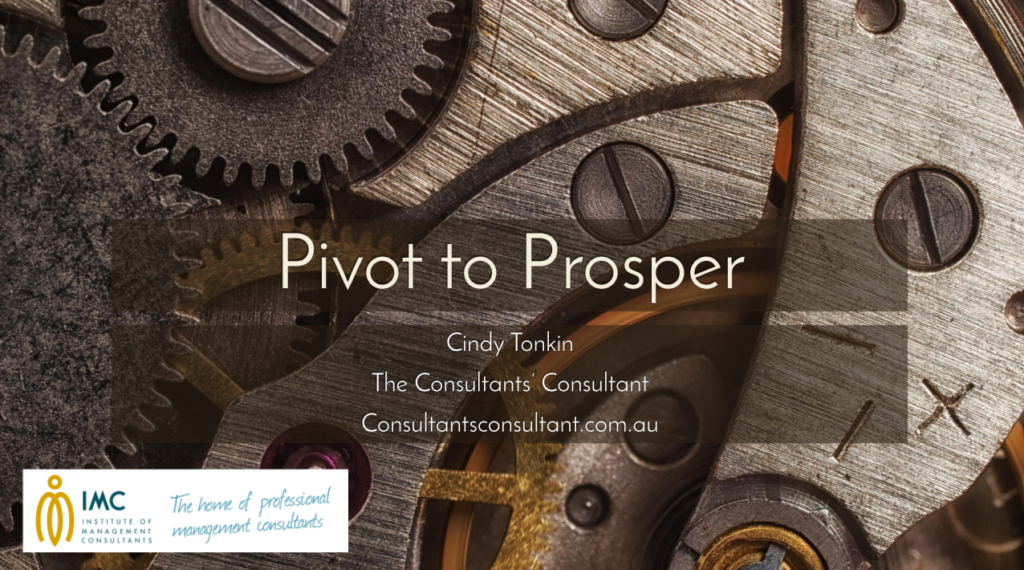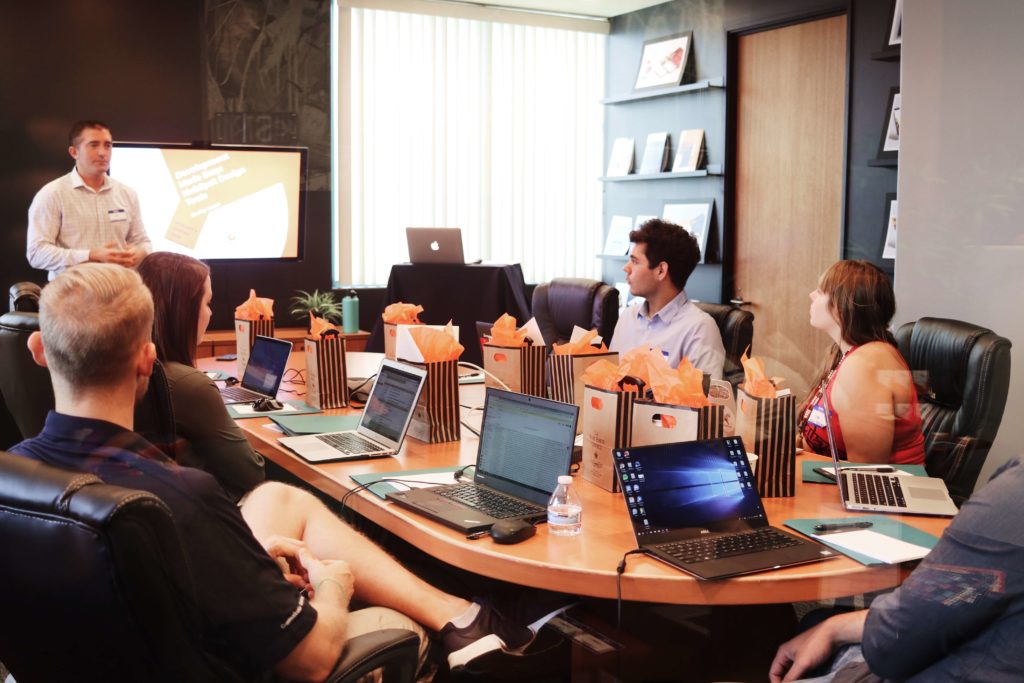There are five key problems for data scientist consulting teams right now.
The key problems work around the acronym FLAWS:
- Free resource
- Lacking context
- All about the data
- Wide gap between strategy and training
- Shiny objects
I’ll go through each of these in turn.
Free resource (you’re an all-you-can-eat buffet)
F stands for Free Resource.
If a consulting teams’ time is not charged back to your client, the client or stakeholder considers you a free resource. This essentially means that your services are in their eyes unlimited. Your team’s time is like an all-you-can-eat buffet, and that means they can order everything they feel like with no consequences
That makes for one huge problem.
Your time is not unlimited.
To survive, to leave the office at all, to work on the most important (and interesting) problems you must say no at some point.
How do you say no in a way that keeps them happy? How do you make sure that the work you do moves the organisation forward in line with organisational strategy?
Lacking Context
L stands for Lacking Context.
We also don’t really know what our customers really need or want. We lack context.
Because we deliver non-stop those perceived-to-be free services (excellent as they may be) we just take the order. We don’t always have time to ask the why and for what purpose questions.
We can’t help our stakeholders achieve their business goals when we don’t know what are.
As a complicating factor, sometimes technically great people aren’t so brilliant with the patterns and habits of pleasing people. So they end up giving people what they ask for. Or they say no clumsily and annoy their stakeholders. Or somewhere in between. Rarely does it give more context.
All about the data
A stands for All about the data.
We are all about the data. And rightly so. The problem is that we want to share how we got to our fascinating conclusions. Our stakeholder just wants the conclusion wrapped in a nice story.
We want to tell them all about the data, the twists and turns, the journey and the reasoning.
They want the insights in two slides for their meeting at 11.
Wide gap between strategy and training
W stands for the wide gap between strategy (what we want) and training (how we’ll conceivably get there).
We want to achieve certain things. Some of those things need further technical training.
But some of those things need softer skills like how to rescue a meeting gone off track, how to apologise when it’s not your fault, how to say no to a stakeholder’s pet project and still keep them happy.
When our strategy is all about better and different we can’t do what we’ve always done: we’ll just get what we’ve always gotten. That’s not better and different.
Leaving a skills gap won’t get us our strategic objectives.
Remember that definition of insanity: doing the same things over and over but expecting different results? That’s why you need to notice the FLAWS.
We have to close the gap between what we want to get achieve and the skills we need to make it happen.
Shiny objects
S is for those glorious shiny objects.
Finally shiny objects are one of our flaws.
We love interesting challenges, cool problems and gnarly puzzles to solve.
Our attraction to shiny objects is both our strength and our weakness.
If that shiny object is only interesting to us and not to the customer sometimes it doesn’t move anyone closer to strategic goal. If your stakeholders see you as free, you don’t know their needs, you’re all about the data, not trained to negotiate and pushback and you pursue shiny objects, then your team has FLAWS.
So there you have it. Flaws in your data science consulting team. All fixable.
Start addressing them now with my smart meeting bingo. See where to start to make your data consultants work smarter, faster and nicer.






